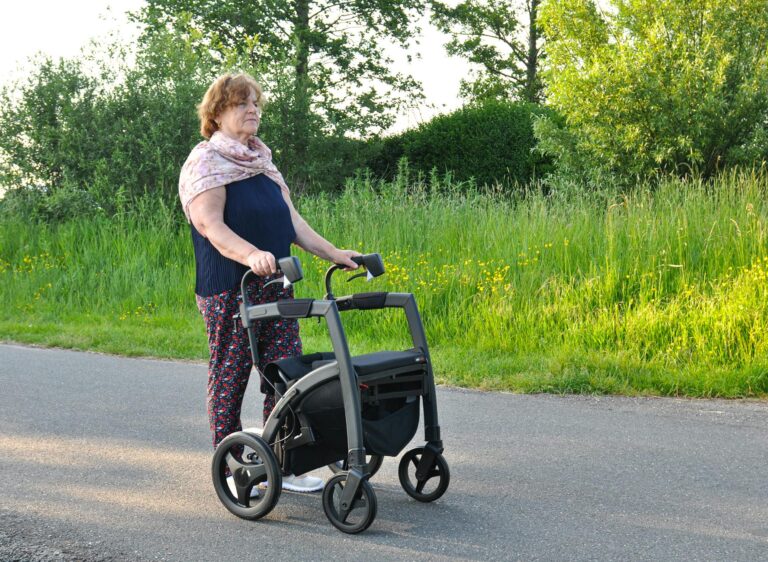Dementia is a condition that affects millions of people worldwide, and its impact is not limited to just memory loss. Many individuals with dementia also experience problems with their sleep patterns, which can lead to issues with nighttime toileting. This can be a challenging situation for both the individual and their caregivers, as it can lead to accidents and disrupt their sleep.
Nighttime toileting, also known as nocturia, is a common problem among individuals with dementia. It refers to the frequent need to use the toilet during the night, disrupting their sleep pattern. This can be caused by various factors, such as medications, changes in the brain due to dementia, or an overactive bladder. Nocturia can be a major issue, as it can lead to falls and accidents, causing further complications for individuals with dementia.
One way to address this issue is by using a bedside commode. A bedside commode is a portable toilet chair that can be placed next to the bed, allowing individuals to easily access it during the night. This device can be beneficial for individuals with dementia who have difficulty getting up from bed and making it to the bathroom in time.
Here are some reasons why a bedside commode may be necessary for individuals with dementia:
1. Promotes independence: As dementia progresses, individuals may lose their ability to perform daily tasks independently, such as using the toilet. A bedside commode allows them to maintain their independence and dignity by using the toilet without assistance.
2. Reduces falls and accidents: Due to the cognitive changes caused by dementia, individuals may have difficulty navigating their way to the bathroom during the night. This can increase their risk of falls and accidents. A bedside commode eliminates this risk as it is easily accessible and reduces the need for them to walk long distances.
3. Provides comfort and convenience: Individuals with dementia may struggle with getting up from bed and walking to the bathroom during the night. A bedside commode eliminates the need for them to leave their bed, providing them with comfort and convenience.
4. Improves sleep patterns: Nocturia can disrupt an individual’s sleep pattern, leading to fatigue and other health issues. By having a bedside commode, individuals can easily access the toilet, reducing the need to wake up multiple times during the night.
5. Prevents caregiver burnout: Caring for someone with dementia can be physically and emotionally challenging, especially if they require assistance with nighttime toileting. A bedside commode can reduce the caregiver’s workload and allow them to get adequate rest, preventing burnout.
When considering using a bedside commode for individuals with dementia, it is essential to keep a few things in mind:
1. Choose the right type of commode: There are various types of bedside commodes available in the market, such as a 3-in-1 commode that can be used as a toilet frame, raised toilet seat, or shower chair. It is essential to choose the right type of commode that meets the individual’s needs and preferences.
2. Ensure proper hygiene: It is crucial to maintain proper hygiene when using a bedside commode to prevent infections. The commode should be cleaned regularly, and disposable liners or absorbent pads can be used for easy clean-up.
3. Familiarize the individual with the commode: It may take some time for individuals with dementia to adjust to using a bedside commode. It is essential to introduce the commode slowly and familiarize them with its use to prevent confusion and frustration.
4. Make it easily accessible: The bedside commode should be placed in a convenient location, close to the bed, and easily accessible for the individual. This will reduce the need for them to navigate their way through the room during the night.
In conclusion, nighttime toileting can be a challenging issue for individuals with dementia, but a bedside commode can be a useful tool in addressing this problem. It promotes independence, reduces the risk of falls and accidents, and improves the individual’s sleep patterns. However, it is crucial to choose the right type of commode and ensure proper hygiene to prevent any complications. With proper support and assistance, individuals with dementia can maintain their dignity and comfort while managing their nighttime toileting needs.





